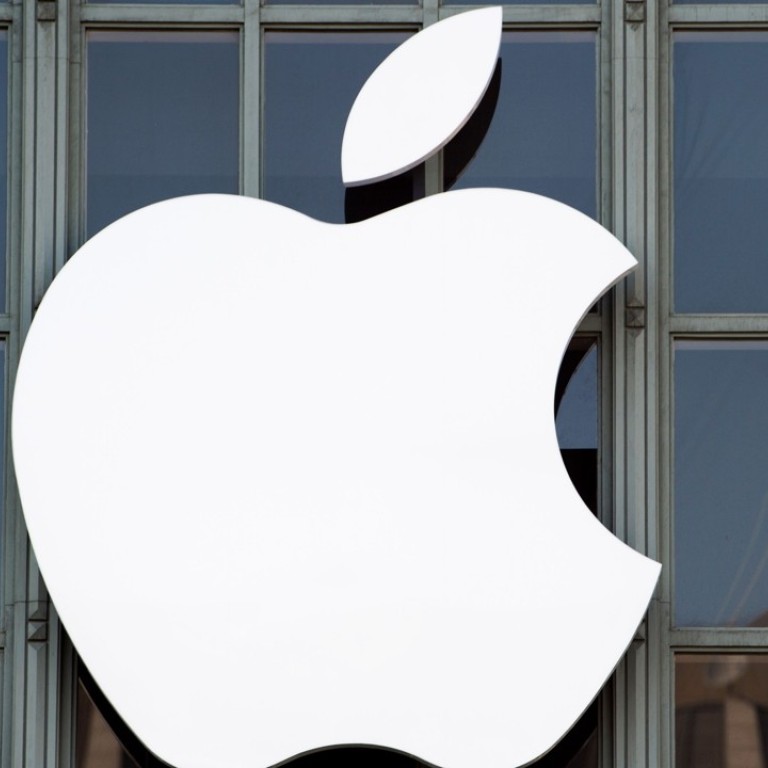
Rise of Apple a reminder of the benefits of global trade
The iPhone maker has a market capitalisation of US$1 trillion, made possible only because economies around the world are now integrated
Apple has reached US$1 trillion in market capitalisation. For a computer company that was on the ropes just 20 years ago, it no doubt marks a significant milestone. At a time when two of the world’s largest economies are at each other’s throats, it may be an opportunity to remember how companies such as Apple both benefit and enhance global trade to the benefit of consumers everywhere, including Americans. First, let’s compare. Last year, only 16 countries ran economies that had a gross domestic product exceeding US$1 trillion. Apple is worth four of the biggest American banks combined; 111 of the smaller companies listed on the S&P 500 stock index; and more than all the world’s major carmakers put together.
But Apple won’t be alone for long. Amazon, Alphabet (Google) and Microsoft are close behind. It’s estimated that they only need to grow 10-17 per cent from their current share prices to hit the trillion-dollar mark. Significantly, all three are also in the hi-tech, consumer services space. That speaks fundamentally to the transformation of the global economy; and it’s also a good indication of the future growth of their peers in China such as Tencent, Baidu and Alibaba, which owns this newspaper. But the symbiosis between China and the US in hi-tech industries goes beyond the parallel development of those companies. That Apple could grow to be the world’s biggest company by market capitalisation was no doubt thanks to its rapid innovation and popular products – from MacBook laptops to iPhones and iTunes.
But it’s doubtful that it could have grown so fast without the globalised trade of the past two decades that enabled the company to create its own highly sophisticated supply chain to keep costs down while producing enormous volumes of cutting-edge devices.
This was made largely possible by outside manufacturers, many of whom operated out of China. While Apple has been accused of squeezing its contractors who have, in turn, exploited workers with low wages and long working hours, it’s also undeniable that those companies together provide many job opportunities in developing economies. And while global companies such as Apple are said to have robbed Americans of manufacturing jobs, they also provide American consumers with cutting-edge but affordable products and services that have transformed the way people live and work.
When US President Donald Trump justifies his trade war with China by decrying the latter’s unfair practices, he deliberately omits the enormous benefits that Americans and their economy have derived from global trade. Because of its size and fame, patriotic Chinese sometimes demand retaliation in the trade war by targeting Apple. Cooler heads should send a reminder that the rise of Apple is testament to the success of global trade that America helped to create and from which it has drawn the greatest benefits.

